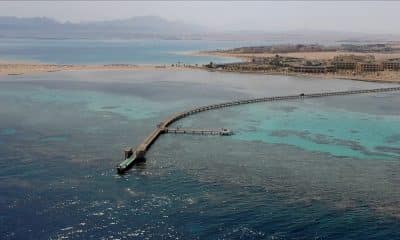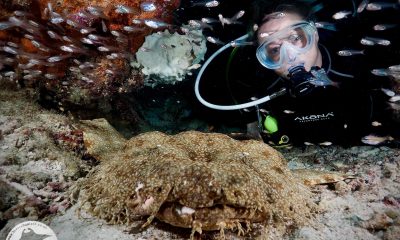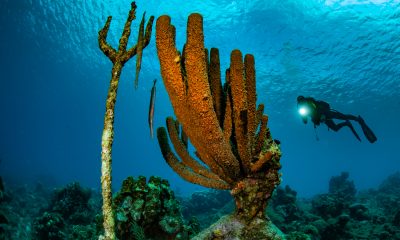News
Family time in Fujairah – Part 2
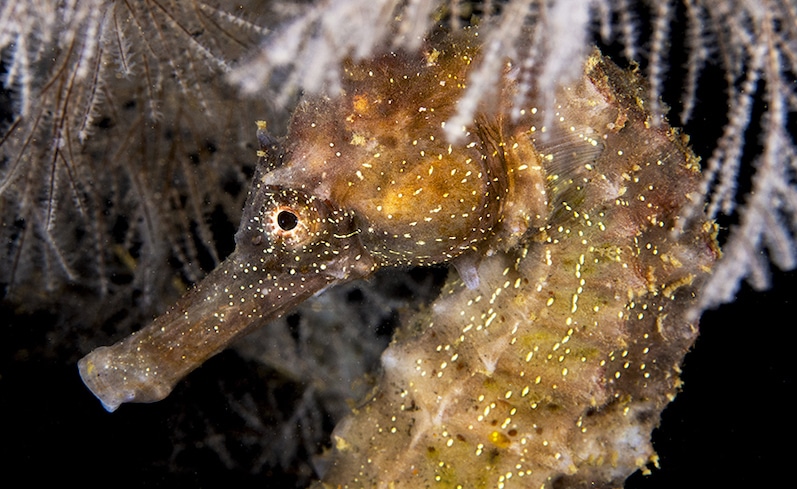
Second in a three-part blog from regular Dive Travel Adventures contributor Sean Chinn about finding time for both family and scuba diving on a trip to Fujairah and Dubai in the UAE…
Our week in Fujairah was mainly spent entertaining our daughter who loved spending all day in the pool playing. Other than that it was indulging on the all inclusive package we had on our trip. Amazing food and attentive staff meant I came back half a stone heavier but hey what are holidays for?
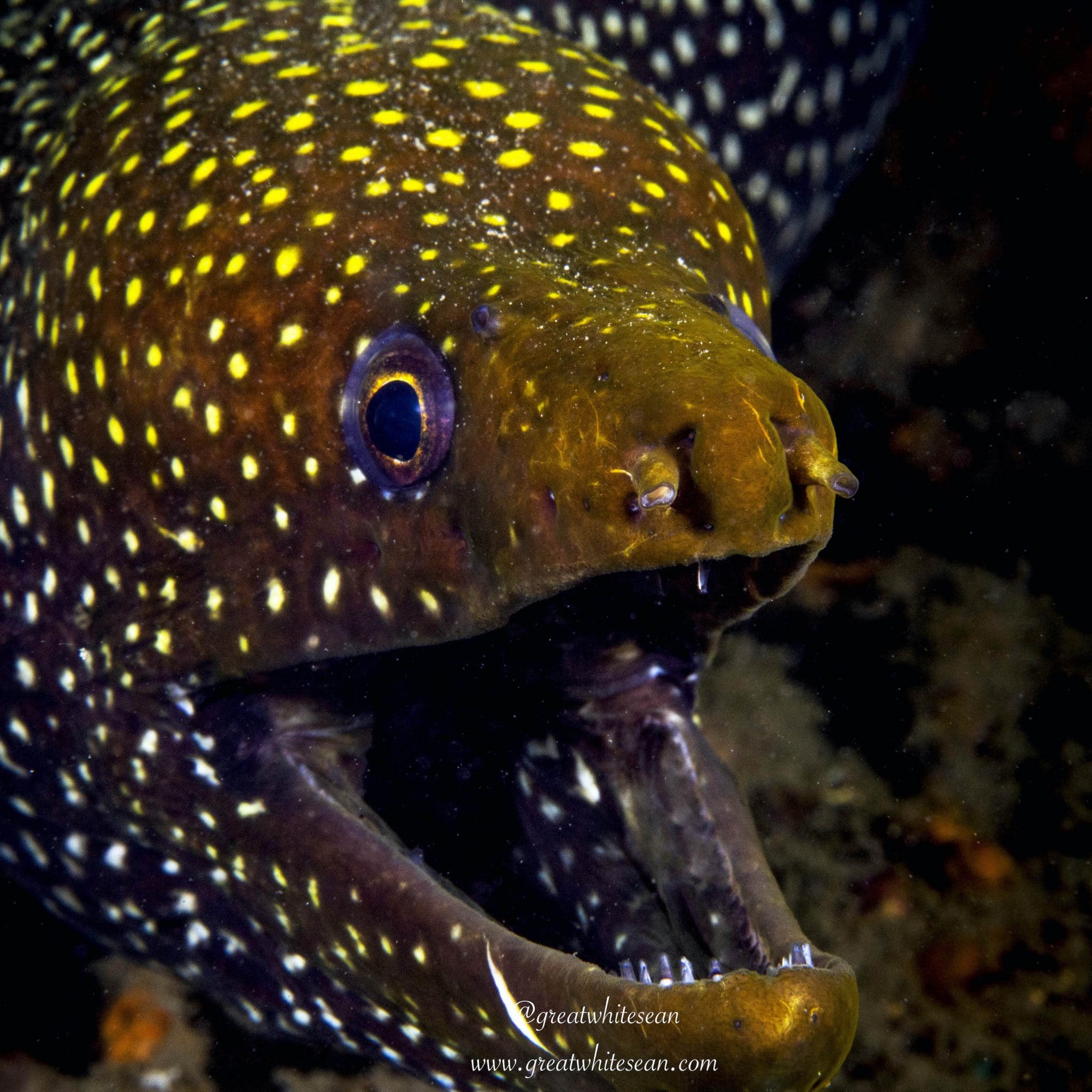
However I did manage to sneak off and get four dives in while I was here. With my first two dives we boarded the boat from the beach. An interesting adventure with the waves that come in along Al Aqah Beach. Timing was essential, as was good agility and fitness. It wasn’t long before this changed though as the waves sunk one of the boats the day after my first dives! The boat was luckily recovered but it meant my second two dives were just a short 5 minute mini bus journey round to the marina for a much more comfortable step onboard the boat.
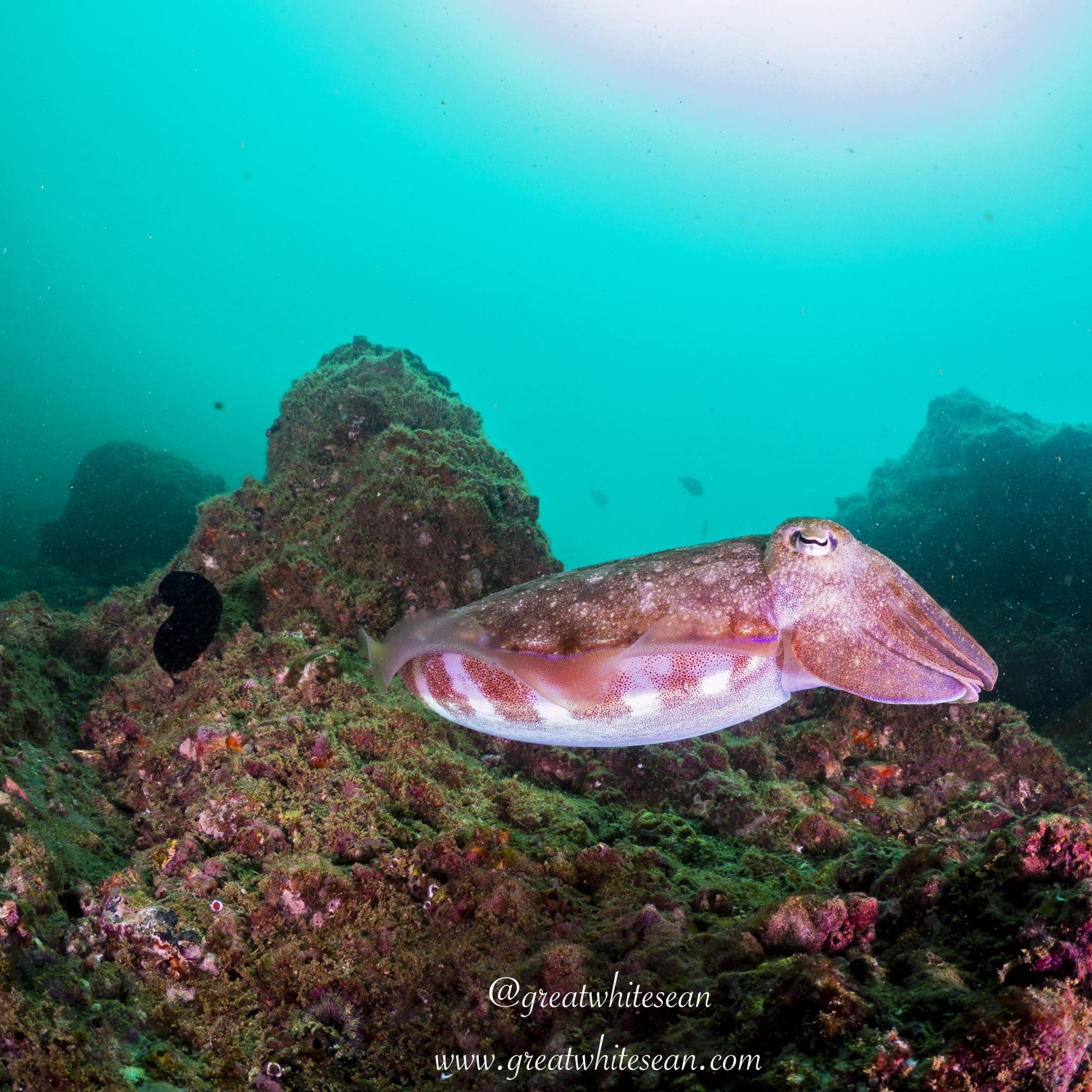
The diving was very pleasant although the visibility wasn’t great. Unfortunately I think it is a common trait with diving here but I wasn’t here for hardcore diving. It was a family holiday where I could also enjoy getting back underwater and enjoy some tropical marine life. I have to say there was a lot of life to see as well. I started with a dive at Inchape 1 where the vis was the worst of all the dives I’d done but the soft coral and life on the wreck was stunning. A short dive as the wreck is at 30 metres with only entry and exit from the mooring line. However I got the sense with better vis it would be even more enjoyable to explore.
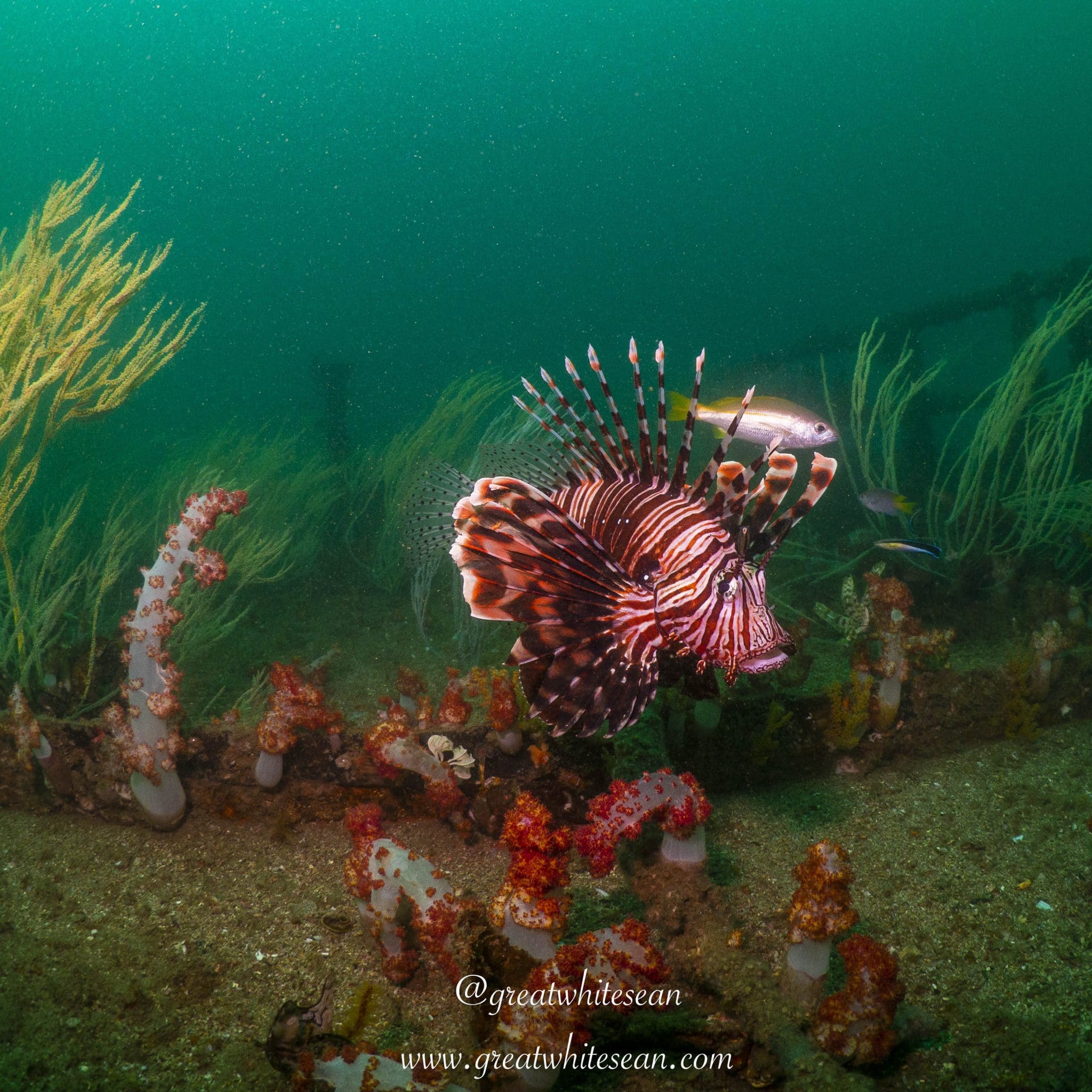
The lion fish were actively swimming around the wreck on this dive. There is a big temperature drop from the surface of around 30.c to below 5 metre. It drops rapidly and on this dive I got a reading of 23.c. I was in rash vest and shorts which was fine for the number of dives I was doing but anymore repetitive I’d look to get a wetsuit on.
Dive 2 saw us go a little shallower to another artificial reef. This dive turned out to be the real highlight amongst all the dives. Again a lot of soft coral and life engulfed the artificial structures and old wreck. I had my macro lens on as I’d been told a seahorse is regularly spotted here. Apart from pygmy seahorse I’ve saw in Philippines, the more common type of seahorse has always remained elusive, even on dives we’ve specifically gone to look for them. So this really was the jackpot for me when the guide directed me to some soft coral and there was a beautiful seahorse around 6-10 inches in length.
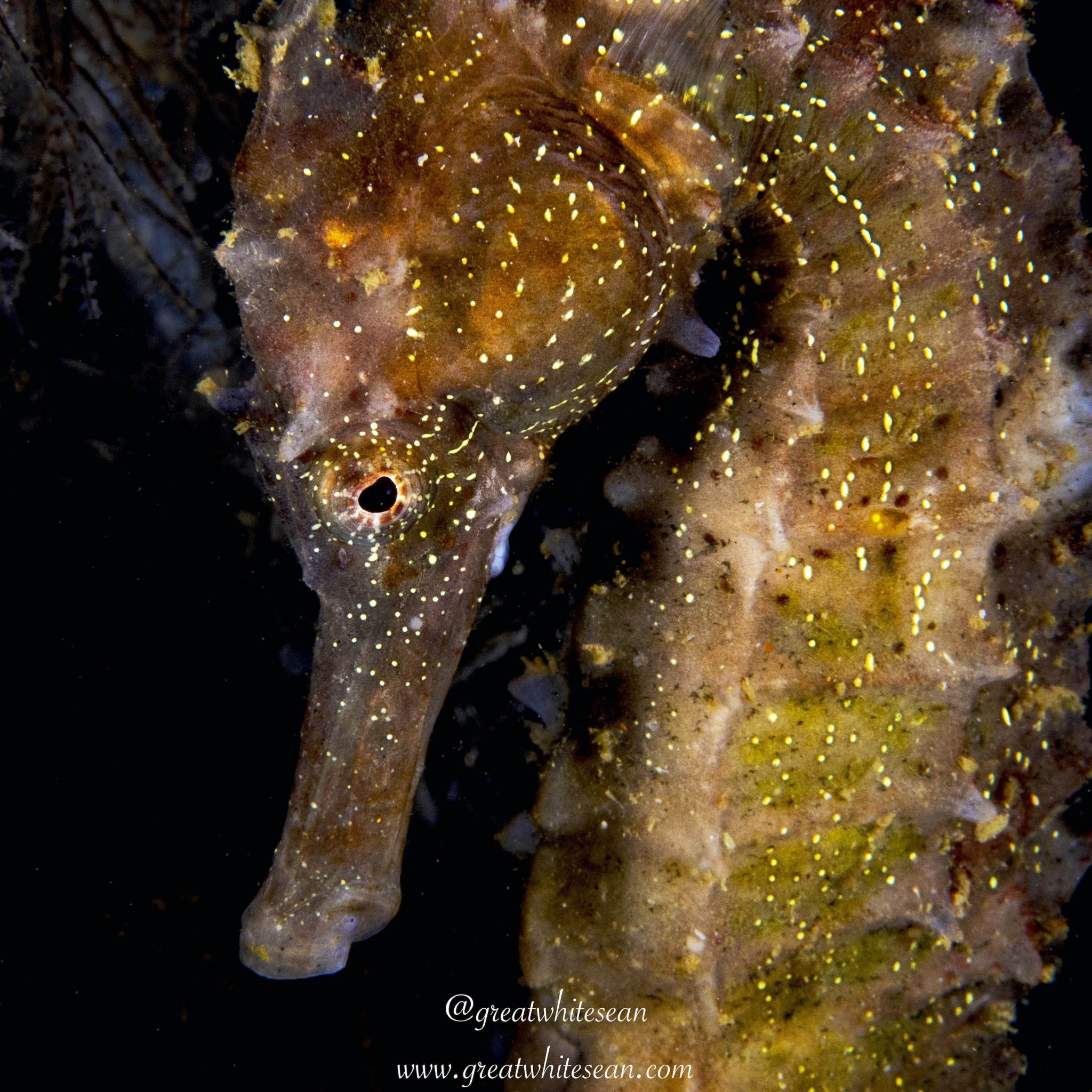
Seeing something new and getting a new experience underwater always makes the dives more special. It was a site that also provided cuttlefish, moray eels, lobster and my first electric ray. An amazing dive all round.
Check back for Part 3 tomorrow…
Find out more about Sean, his photography and his hosted trips at: www.greatwhitesean.com
Blogs
TRAVEL BLOG: Jeff Goodman Dives SOMABAY, Part 1

For a week at the end of February I was invited to sample the diving with Orca Dive Club based at the Breakers Diving and Surfing Lodge by courtesy of SOMABAY.
Somabay covers an entire peninsula and is home to several resorts as well as residential compounds. Somabay caters for scuba diving as well as many other sports, including windsurfing, golf, sailing, go-carting, horse riding and many other activities.
All the activities are of a world-class standard and any or all of these can be booked directly from The Breakers.
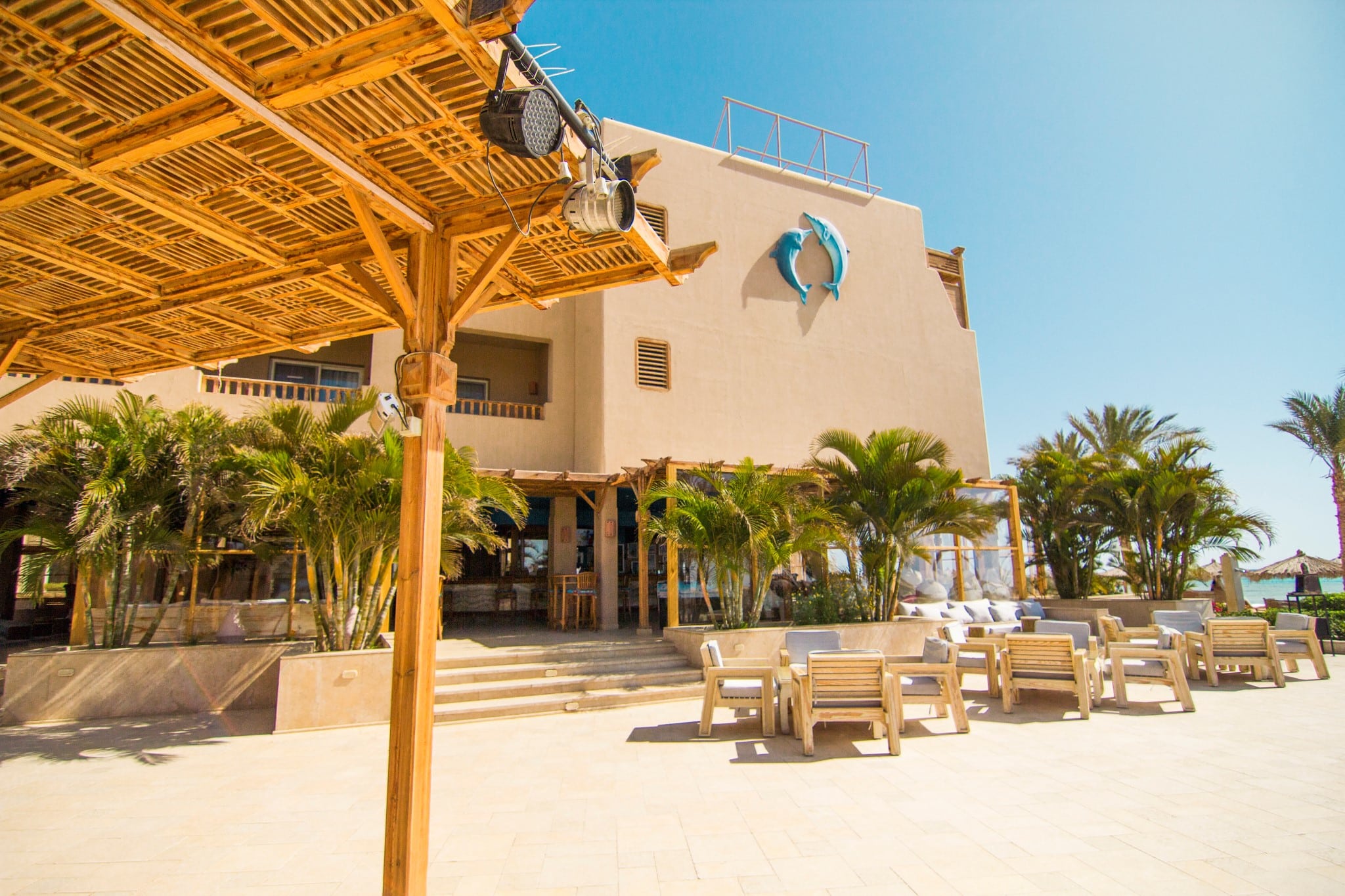
I took Easyjet from Bristol (UK) to Hurghada. Easyjet are not by any means my favourite airline but the flight was cheap and direct (except for the surprise extra £48 I was charged at the gate for my carry-on bag).
I was met at Hurghada airport by a driver and car and taken to the Breakers 28 miles (45Kilomaters) south along the coast. Once at the hotel I was too late for an evening meal and so a basic meal was delivered to my room. That and a beer from the fridge and I was fast asleep.
Early the next morning after breakfast I arrived for my rep meeting at the Orca Dive Center for 8.00am. I was immediately made to feel welcome, and after brief introductions I got some dive gear from the store, had a chat with my dive guide Mohamed and got ready to try the house reef situated at the end of a very long wooded pier where all diving gear and divers are taken out by buggies.
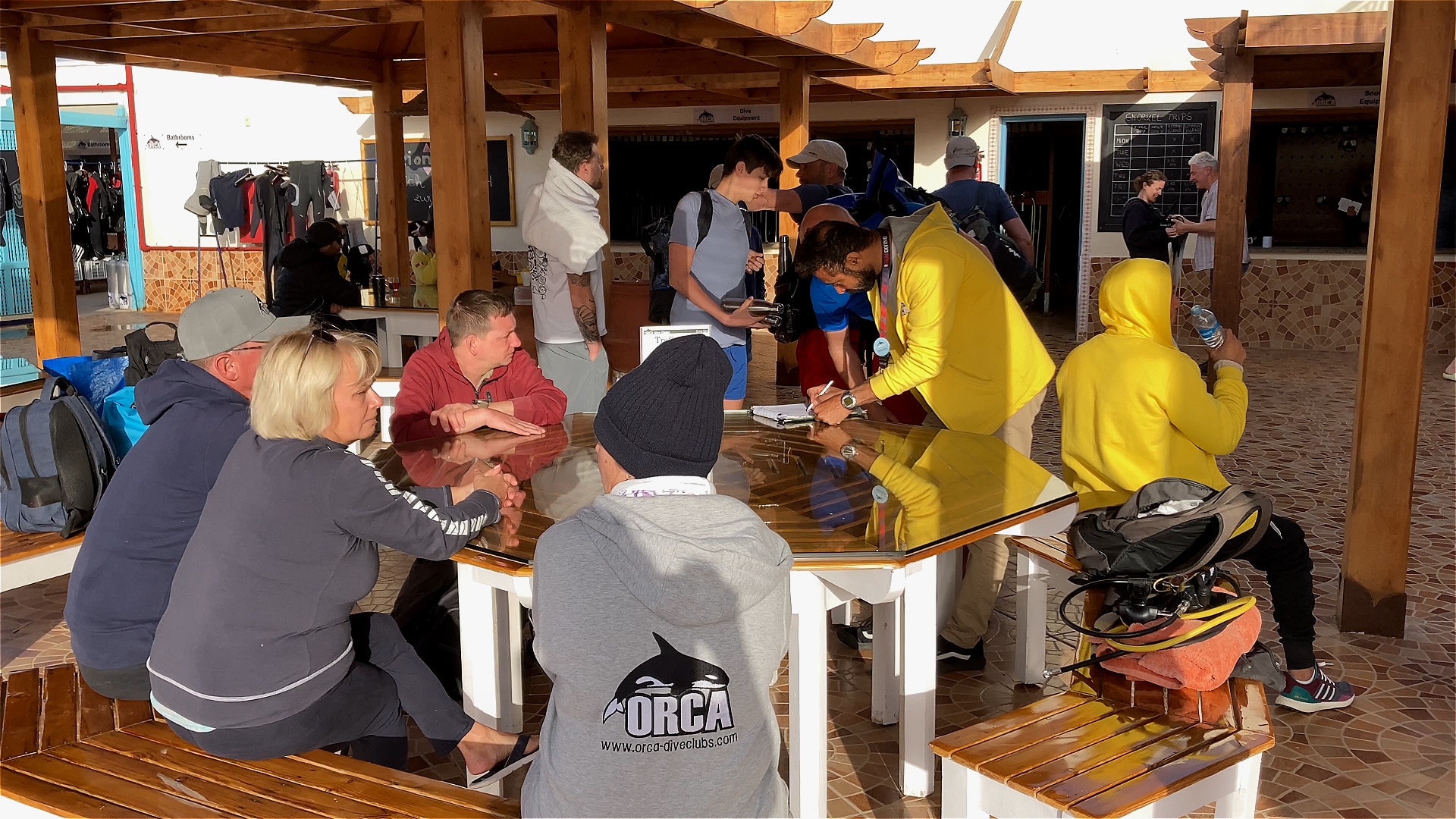
Once at the end of the pier, a helping hand from staff makes sure your gear is set and then it’s a short walk to the very end where you can either climb down a ladder of simply jump in the water next to the reef. The house reef extends both north and south giving a very easy and safe dive with plenty to see. At this time of the year the water temperature was a constant 22 degrees Centigrade and there was little or no current, so there were no issues in swimming back to the pier.
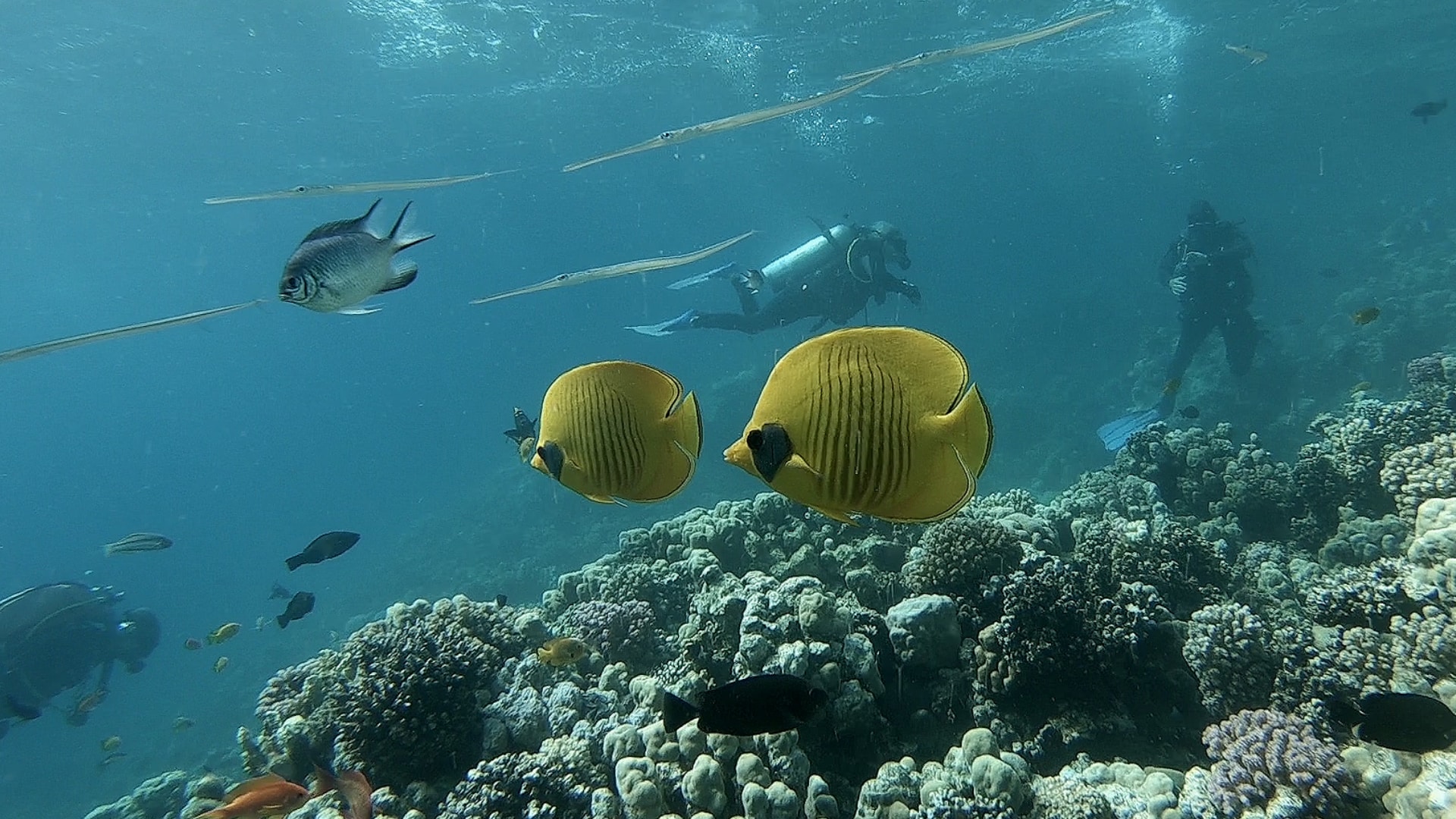
Quite a few divers were in dry or semi-dry suits, but being from the UK and used to the cold I found a 3mm wetsuit with a 3mm neoprene vest quite comfortable. Even after 50 years of diving I still find that first dive of a trip slightly nerving until I am actually underwater and then all becomes relaxed and I ease into auto diving mode. There was plenty to see with many of the Red Sea favourites along the way.
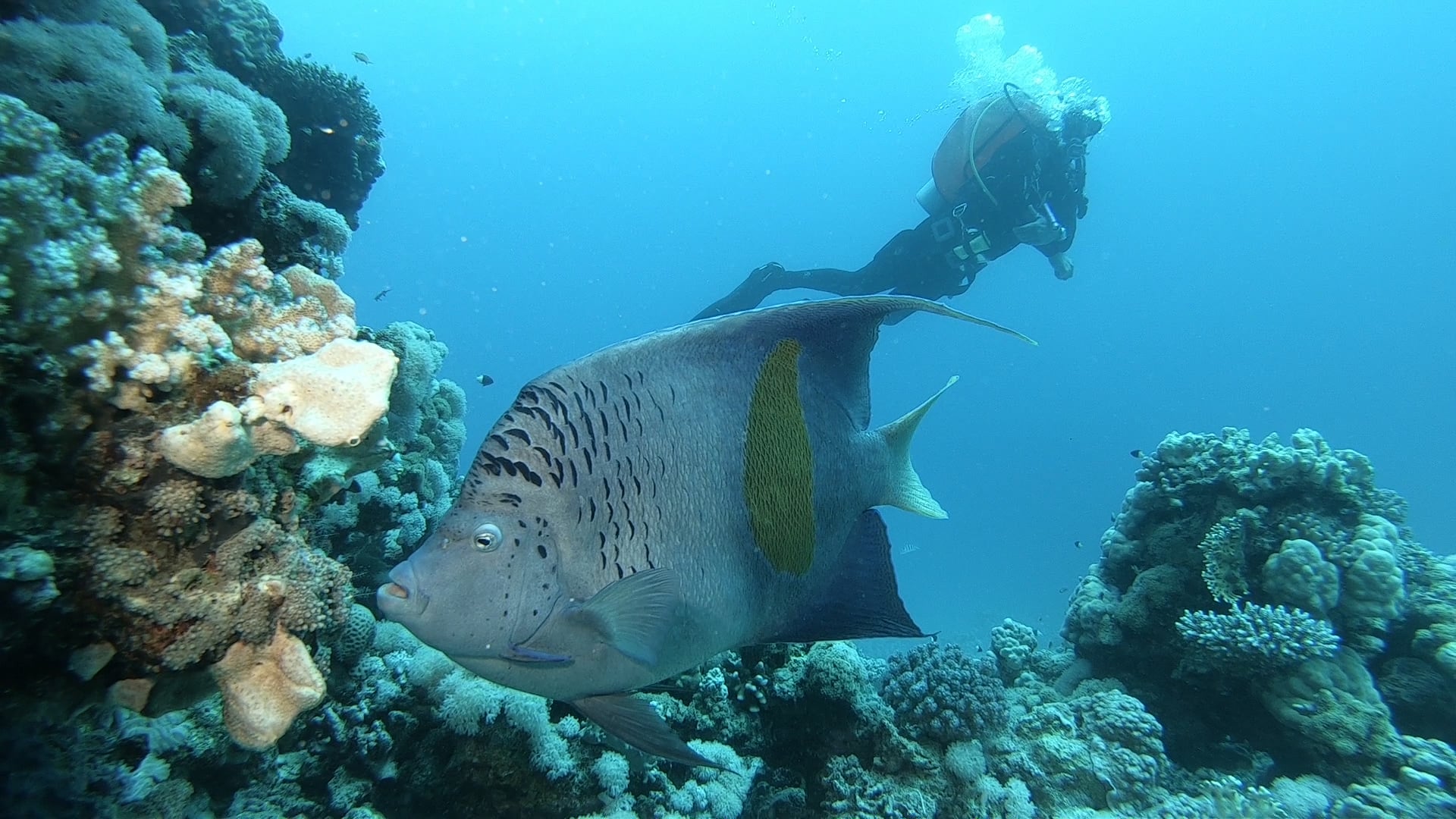
After the dive and a buggy ride back to the hotel for a very good buffet lunch I was back in the water, once again on the house reef for an afternoon dive.
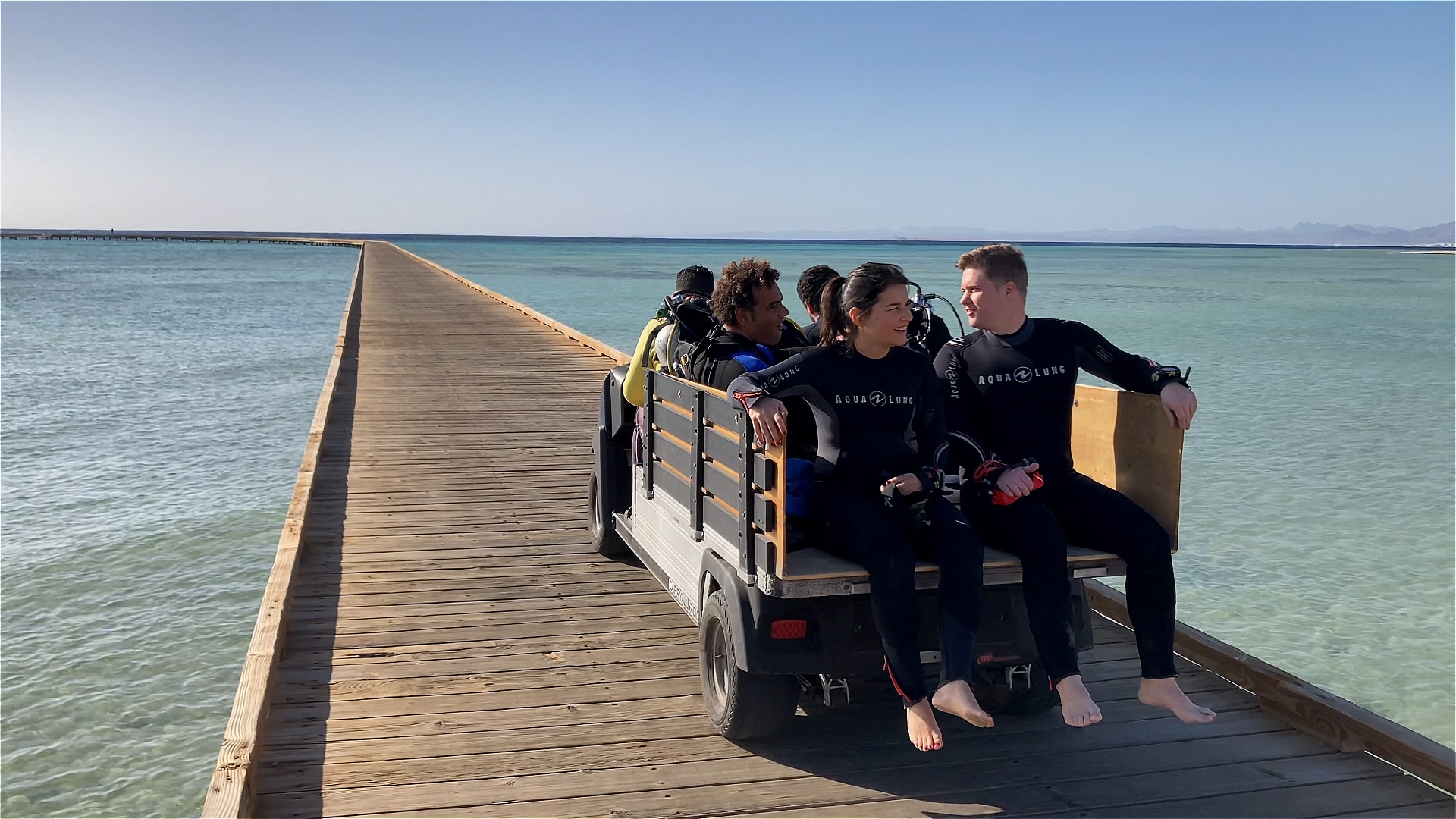
Check in for part 2 tomorrow when Jeff gets on a day boat and dives a few of the off-shore reefs.
Book your next Red Sea dive adventure with SOMABAY! For more information, visit www.somabay.com.
Stay at the Breakers Diving & Surfing Lodge when you visit! For more information, visit www.thebreakers-somabay.com.
Find out more about ORCA Dive Clubs at SOMABAY at www.orca-diveclubs.com/en/soma-bay-en.
Blogs
Jeremy Higson from Sea to Sky talks to Jeff Goodman about diving in Oman (Watch Video)

In an interview recorded exclusively for Scubaverse.com, Jeff Goodman interviews Jeremy Higson from Sea to Sky about the itineraries the tour operator offers in Oman.
For more information about diving in Oman, contact Sea to Sky now:
Email: hello@mysetaosky.co.uk
WhatsApp: + 39 379 236 7138
Website: www.myseatosky.co.uk
-

 News2 months ago
News2 months agoHone your underwater photography skills with Alphamarine Photography at Red Sea Diving Safari in March
-

 News2 months ago
News2 months agoCapturing Critters in Lembeh Underwater Photography Workshop 2024: Event Roundup
-

 Marine Life & Conservation Blogs2 months ago
Marine Life & Conservation Blogs2 months agoCreature Feature: Swell Sharks
-

 Blogs1 month ago
Blogs1 month agoMurex Resorts: Passport to Paradise!
-
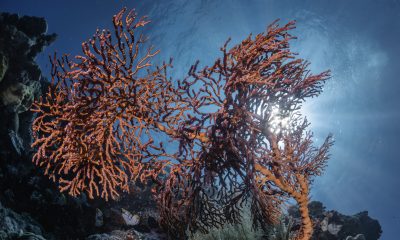
 News3 months ago
News3 months agoDive into Adventure with Photo Pro Paul Duxfield in North Sulawesi this October
-

 Gear News3 months ago
Gear News3 months agoBare X-Mission Drysuit: Ideal for Both Technical and Recreational Divers
-

 Gear Reviews2 months ago
Gear Reviews2 months agoGear Review: Oceanic+ Dive Housing for iPhone
-

 Blogs2 months ago
Blogs2 months agoDiver Discovering Whale Skeletons Beneath Ice Judged World’s Best Underwater Photograph



